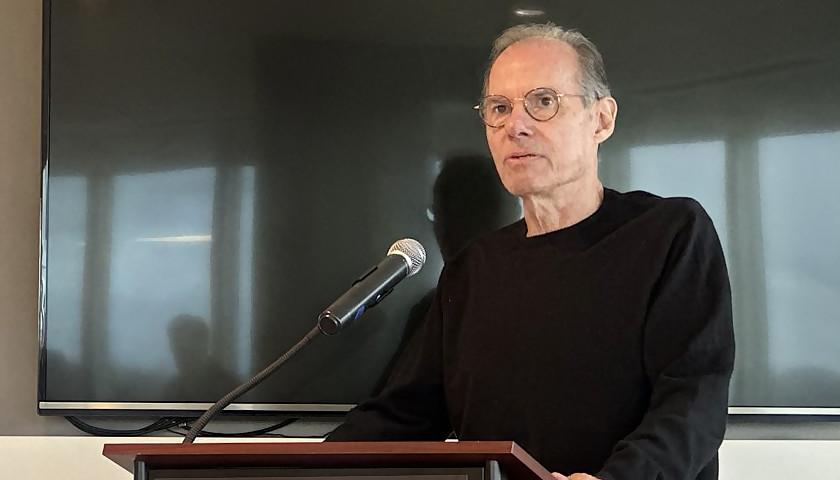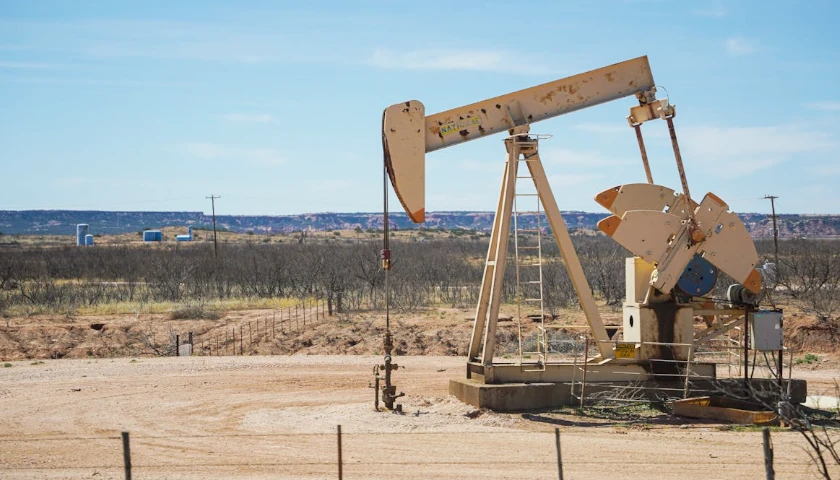by Cameron Arcand
Some Republican lawmakers have expressed disappointment with the fact that a water basin management bill did not make its way to Arizona Gov. Katie Hobbs’ desk this session, which finished last month.
Senate Bill 1221 would have stopped “new groundwater pumping” in the Gila Bend, Wilcox and Hualapai basins as well as cut back on current usage of the water by 10-15% over the course of the next two decades, according to a news release. The bill passed the Senate in February, but absences from the Republican side and united votes against the bill on the Democratic slide led the bill to die in June.
The Joint Legislative Ad Hoc Committee on Water Security hearing on last Friday reflected on the state of the legislation with Republican leaders saying work will continue to find a solution.
“We heard testimony from stakeholders and the Department of Water Resources that verifies passing SB 1221 would have stopped the bleeding in these critical groundwater basins,” Sen. Sine Kerr, Chair of the Senate Committee on Natural Resources, Energy & Water, said in a statement on Wednesday. “Passing SB 1221 would have allowed the Director to permanently close the Willcox, Hualapai, and Gila Bend basins to all new pumping, which would prevented new and existing users from increasing the total amount of groundwater that could be withdrawn from these basins. This is what the local people have been asking for, so they can work on improving groundwater conditions in the basin.”
Rep. Tim Dunn, R-Yuma, said he was confident that farmers were included in the process of crafting the proposals outlined in the bill.
“There’s no law in Arizona allowing a basin to be completely closed or requiring existing users to reduce groundwater use. Not even Active Management Areas require these stipulations. SB 1221 represents the first time in our state’s history where rural farmers have come together and said, ‘We’re willing to be regulated; we’re willing to put reductions on ourselves if you’re willing to listen to us on the maximum amount that can be done without putting us out of business.’ That has never happened before,” Rep. Tim Dunn, R-Yuma, said in a statement.
The bill did face some opposition. Three county supervisors from rural Arizona penned an op-ed in the Arizona Republic in February saying that the legislation would have too much red tape and would not fully factor in stakeholder input. Namely, it calls out how it would not be better than an Active Management Area.
“Since taking office, I have prioritized protecting Arizona’s water supplies. Whether working to stop corporations from improperly depleting our groundwater or holding polluters accountable, my office is fighting for the wellbeing of 7.5 million residents and the generational sustainability of our communities and economy,” Attorney General Kris Mayes said of the legislation early on in February.
“SB 1221, Basin Management Areas, establishes a bureaucratic web of undefined processes that pose an untenable challenge to the development of fair and impactful water policy. This bill would also threaten to disenfranchise multiple stakeholders across Arizona – from residents to municipalities to businesses. My office opposes SB 1221 and I urge the Legislature to refocus its energy on meaningful conservation and management solutions that protect and sustain all of Arizona’s communities,” Mayes added.
– – –
Cameron Arcand is a staff reporter for The Center Square covering Arizona. A contributor since 2022, Arcand previously worked for Salem Media Group and The Western Journal.
Photo “Katie Hobbs” by Katie Hobbs.








